Maintaining a garden requires a balance of nurturing healthy plants while also managing pests that can threaten your crops. Many commercial pesticides can be harmful to both the environment and human health, making organic pest control methods a safer and more sustainable option. Fortunately, there are several natural ways to keep pests in check. In this article, trendwizz.com will explore four organic methods for pest control that are both effective and eco-friendly.
Other Topics You Might Like
Helpful Products You Might Like
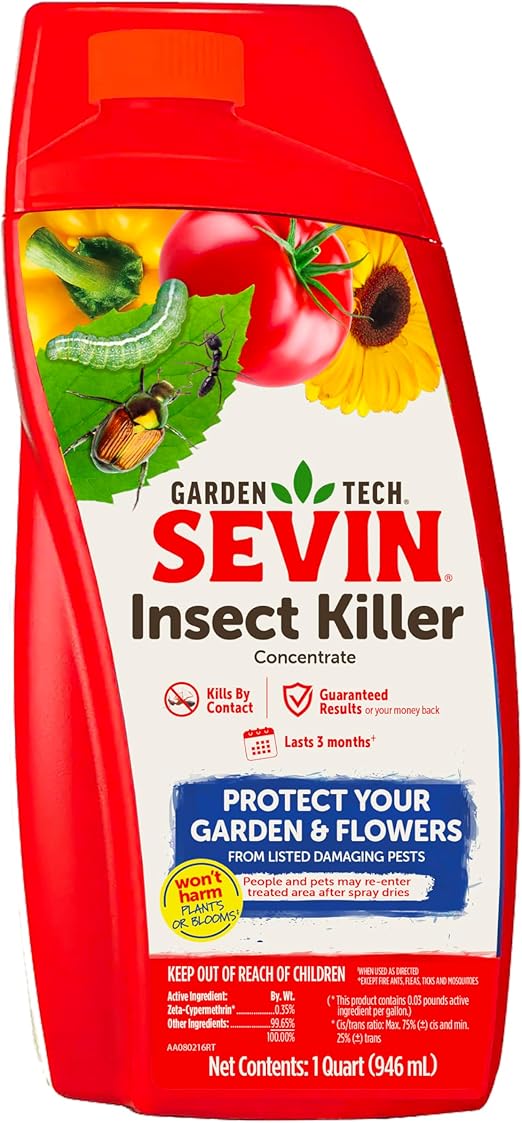
Sevin Insect Killer Concentrate
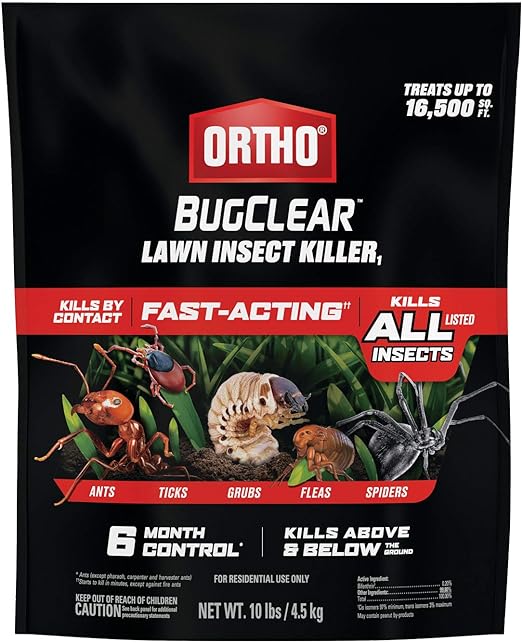
Ortho BugClear Lawn Insect Killer
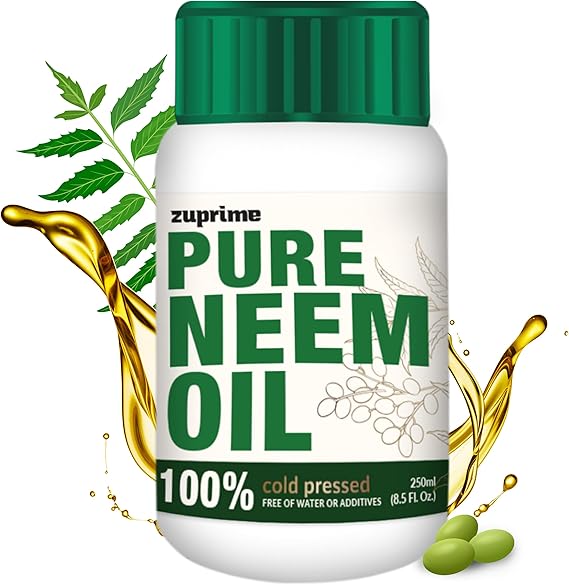
Pure Zuprime Neem Oil for Plants
"(Paid Links)" 
Introduce Beneficial Insects
One of the most effective and natural ways to manage pests in the garden is by encouraging beneficial insects that prey on harmful pests. These insects can help control pest populations without the need for toxic chemicals.
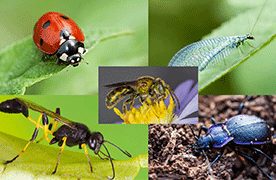
Ladybugs
Ladybugs are natural predators of aphids, scale insects, and other soft-bodied pests. You can buy ladybugs from garden centers or attract them by planting nectar-rich flowers such as dill, fennel, and yarrow.
Lacewing larvae
Lacewing larvae consume aphids, caterpillars, mealybugs, and other small pests. They are often available for purchase online or in garden stores.
Predatory beetles
Certain beetles, like ground beetles, feed on slugs, snails, and other pests that can damage plants.
By introducing or attracting these beneficial insects to your garden, you can reduce the need for chemical pesticides and maintain a healthier ecosystem.
Companion Planting
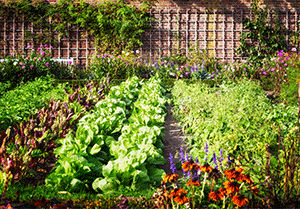
Companion planting is the practice of growing certain plants together that either repel pests or attract beneficial insects. This is an age-old organic gardening technique that can significantly reduce pest problems.
Marigolds
Marigolds are known to repel nematodes, aphids, and whiteflies. Planting them alongside tomatoes or peppers can help deter these pests.
Basil and tomatoes
Basil can repel aphids, mosquitoes, and flies. It also enhances the flavor of nearby tomatoes while keeping pests away.
Garlic and chives
Both garlic and chives are known to repel a variety of pests, including aphids, Japanese beetles, and even rabbits. Planting them near vulnerable crops like lettuce or cabbage can help protect your plants.
By selecting the right companion plants, you create a natural barrier against pests and promote biodiversity in your garden.
Neem Oil
Neem oil is a versatile and natural pesticide derived from the seeds of the neem tree. It works as an insecticide, fungicide, and miticide, making it a go-to solution for many gardeners. Neem oil is non-toxic to humans and animals but is highly effective in controlling a wide variety of pests.
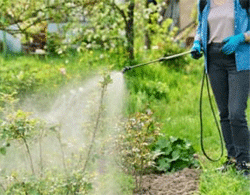
How to Use
Mix neem oil with water according to the instructions on the label. Use a spray bottle to apply the mixture directly onto your plants, focusing on the undersides of leaves where pests are likely to hide.
What It Controls
Neem oil is effective against aphids, mealybugs, whiteflies, and other common pests. It also works as a fungicide, helping to prevent diseases like powdery mildew.
It is important to apply neem oil in the early morning or late afternoon to avoid harming beneficial pollinators, like bees, during peak hours.
Diatomaceous Earth
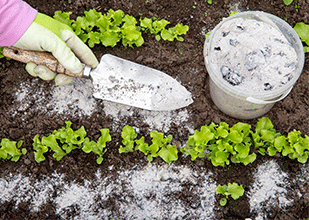
Diatomaceous earth (DE) is a natural substance made from the fossilized remains of diatoms, a type of algae. It is a fine powder that can be used to control a variety of pests in the garden, especially those with exoskeletons, such as ants, slugs, and beetles.
How It Works
Diatomaceous earth works by damaging the exoskeletons of insects, causing them to dehydrate and die. It is completely non-toxic to humans, pets, and beneficial insects, making it an excellent organic pest control method.
How to Apply
Sprinkle a thin layer of diatomaceous earth around the base of plants, along garden paths, and anywhere pests are a problem. Be sure to apply it on dry days, as DE loses its effectiveness when wet.
What It Controls
Diatomaceous earth is particularly effective against slugs, ants, beetles, and other crawling insects.
While diatomaceous earth is safe to use, be sure to wear a mask to avoid inhaling the fine dust, which can irritate the lungs.
Conclusion
Controlling pests in the garden doesn’t have to involve harmful chemicals. By introducing beneficial insects, practicing companion planting, using neem oil, and applying diatomaceous earth, you can manage pests organically and protect the health of your plants. These methods are not only effective but also contribute to a sustainable and eco-friendly garden. Regular monitoring and early intervention are key to maintaining a pest-free garden without relying on harsh chemicals.
